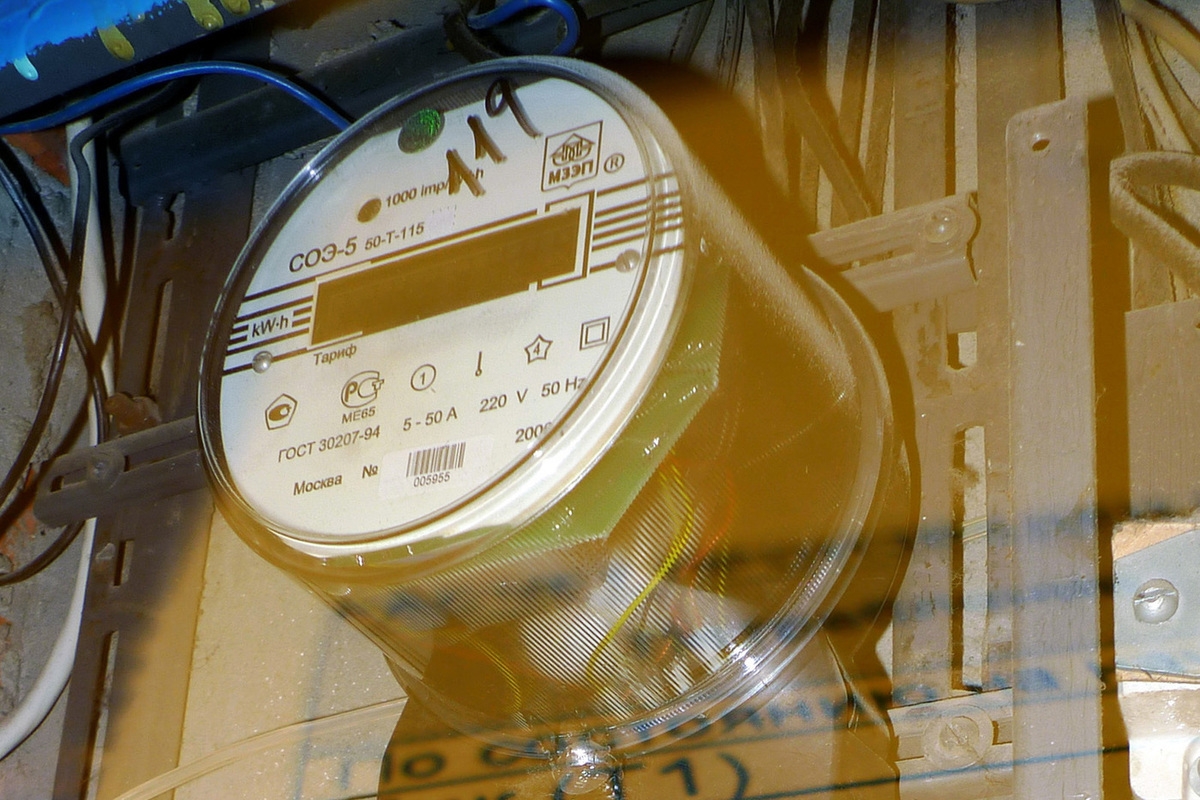Ten thousand rubles for refusal: the system of fines has been tightened in the housing and communal services sector
[ad_1]

Experts named the risks of expanding the right of access to private housing for communal inspectors
Fines for ordinary citizens for refusing to allow representatives of gas services and other specialized specialists into their apartments have been tightened to 10 thousand rubles. Previously, the punishment was 1-2 thousand. Experts believe that the innovation could provoke a surge in fraud: fearing sanctions, people will open their doors to everyone, which will be taken advantage of by scammers.
President Vladimir Putin signed a law that increases fines fivefold for refusing to allow gas service employees into an apartment or house. Thus, the punishment for individuals increased from 1-2 to 5-10 thousand rubles. Officials will have to pay from 25 to 100 thousand, legal entities – from 200 to half a million rubles. A number of media outlets report that for failure to comply with gas service requirements in the event of an accident and a threat to life, the maximum penalty will be set at 2 million rubles. Similar sanctions are provided for those who do not allow modern chimney sweeps, specialists in the “maintenance of smoke and ventilation ducts,” into the house.
But if you intimidate residents with fines and oblige them to let strangers into their apartment, won’t there be arbitrariness on the part of management companies or resource supply organizations? Let us recall that several years ago the Ministry of Justice wanted to give permission to bailiffs to violate the constitutional right to the inviolability of the home, but the deputies rebelled and the issue was buried.
There is another important risk. New fines could trigger a wave of fraud. Let’s say a person receives a call on behalf of a housing and communal services organization, arranges a visit, comes and does whatever they want in the apartment. A real Klondike for criminals, since there is nothing difficult in drawing up a notice in the form approved by the government.
Meanwhile, in Russia the number of man-made emergencies associated with poor quality of service or deterioration of the gas infrastructure increases every year. It is clear that it is better to identify problems in a timely manner, before another gas explosion occurs in an apartment building. Based on this, tightening the requirements for residents who refuse to allow inspection technicians into their homes is quite justified, says managing partner of B&C Agency Ivan Samoilenko.
Another thing is that both gas workers and the residents themselves need to be careful in this matter. “In order to prevent scammers from making mistakes, it is worth checking with the gas service about the timing of the next equipment check. If they came to you at a different time, they could be scammers. The gas service employees themselves must provide identification and documents confirming the inspection procedure (acts, copies of equipment service agreements),” says the expert.
Meanwhile, lawyer Oleg Matyunin believes that a more promising, effective and safe means is to tighten liability not for refusing to allow gas service employees into the house, but for evading annual events related to the maintenance of gas equipment.
“Responsibility should be so tangible that the owners and users of gas pipes, stoves and boilers themselves are highly interested in contacting the authorized gas service, arranging for a specialist to visit, wait for him and live in peace for another year,” notes Matyunin.
According to him, at the legislative level it is necessary to create conditions under which it is not the gas service that “hunts” the citizen, but the tenant himself is interested in communicating with her, he himself contacts and lets into the home those who he really needs and is ready to help.
As soon as the right of access to an apartment is given to a wide range of people, this gives rise to corruption motives, says an expert from the Popular Front project. Analytics” Pavel Sklyanchuk. “For example, if a stranger enters an apartment, he may begin to persuade the tenant to give a bribe so as not to issue a fine. In addition to corruption risks, there are also risks of increased fraud. Scammers can intimidate owners not so much with fines as with possible gas shutdowns or, in general, with words that their apartment will be taken away for not letting gas workers in.”
Sklyanchuk suggested looking at the issue from the other side. Since there are fines for the end consumer – citizens, there should also be fines for inspectors: first of all, for the lack of proper advance notification on the part of gas distribution organizations.
[ad_2]
Source link






